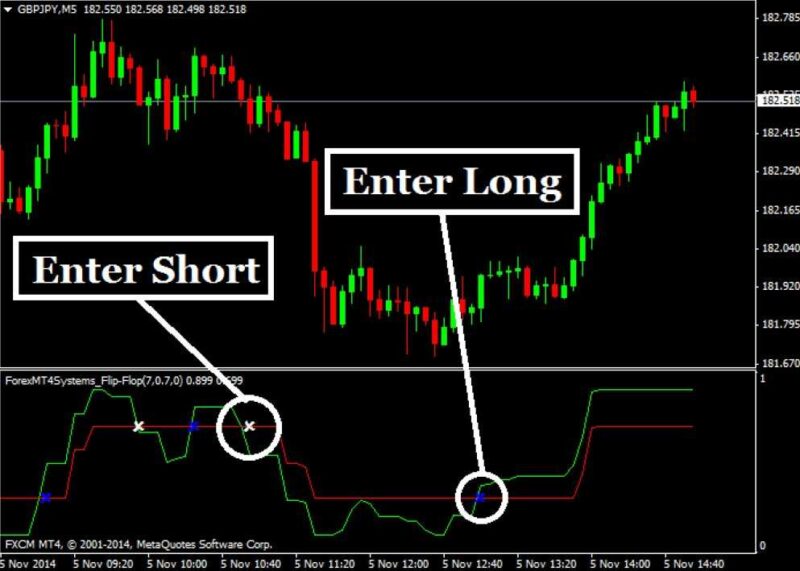Do indicators actually work in trading?

Trading indicators may be valuable tools for merchants, but their effectiveness is determined by a quantity of components, together with the market circumstances, the dealer's skill and experience, and the way nicely the indicators are used along side different forms of evaluation and threat management. Here are some key considerations regarding using indicators in buying and selling:
Support for Decision-Making: Indicators present merchants with data and indicators that may assist decision-making. They may help determine potential entry and exit factors, trend course, and overbought or oversold circumstances.

Not Foolproof: No buying and selling indicator is foolproof or guaranteed to generate profitable trades. Market situations can change rapidly, and indicators might present false alerts or lag behind value actions.
Use in Conjunction with Other Tools: Successful merchants usually use indicators as a part of a broader trading technique that features other forms of evaluation, corresponding to fundamental analysis, sentiment analysis, and price motion analysis. Indicators should complement, not substitute, these different tools.
Customization: Traders may must customize indicator parameters to better align with their particular trading strategies and the property they commerce. What works for one dealer could not work for one more.
Time Frame Considerations: The effectiveness of an indicator might range depending on the time frame of the chart being analyzed. https://www.dgsalt.org/members/jeffslice8/activity/766637/ work better on shorter time frames, while others are extra appropriate for longer-term analysis.
Risk Management: Risk administration is essential in buying and selling. Traders should use stop-loss orders, take-profit orders, and correct position sizing to limit potential losses and shield their capital.
https://canvas.instructure.com/eportfolios/2478207/Home/What_is_the_that_means_of_forex and Skill: Novice traders could battle to interpret indicator indicators successfully. Experience and ability in buying and selling are essential for utilizing indicators to their full potential.
Market Conditions: The effectiveness of indicators can vary relying on market conditions. They may go nicely in trending markets however less effectively in range-bound or uneven markets.
Continuous Learning: The trading setting is dynamic, and merchants should repeatedly learn and adapt their methods. What works at present may not work tomorrow, and traders ought to be open to adjusting their method.
Backtesting: Traders often backtest their strategies utilizing historical information to assess how indicators would have performed up to now. However, previous performance just isn't indicative of future outcomes.
Psychological Factors: Emotional discipline and psychological factors play a significant position in trading success. Traders should stay disciplined and keep away from making impulsive selections primarily based solely on indicator indicators.
In conclusion, trading indicators may be priceless instruments for traders when used thoughtfully and at the aspect of other forms of analysis and danger management. However, they are not a assure of success and should not be relied upon exclusively. Effective trading requires a mixture of abilities, expertise, steady studying, and a well-structured buying and selling plan that comes with multiple tools and methods..
